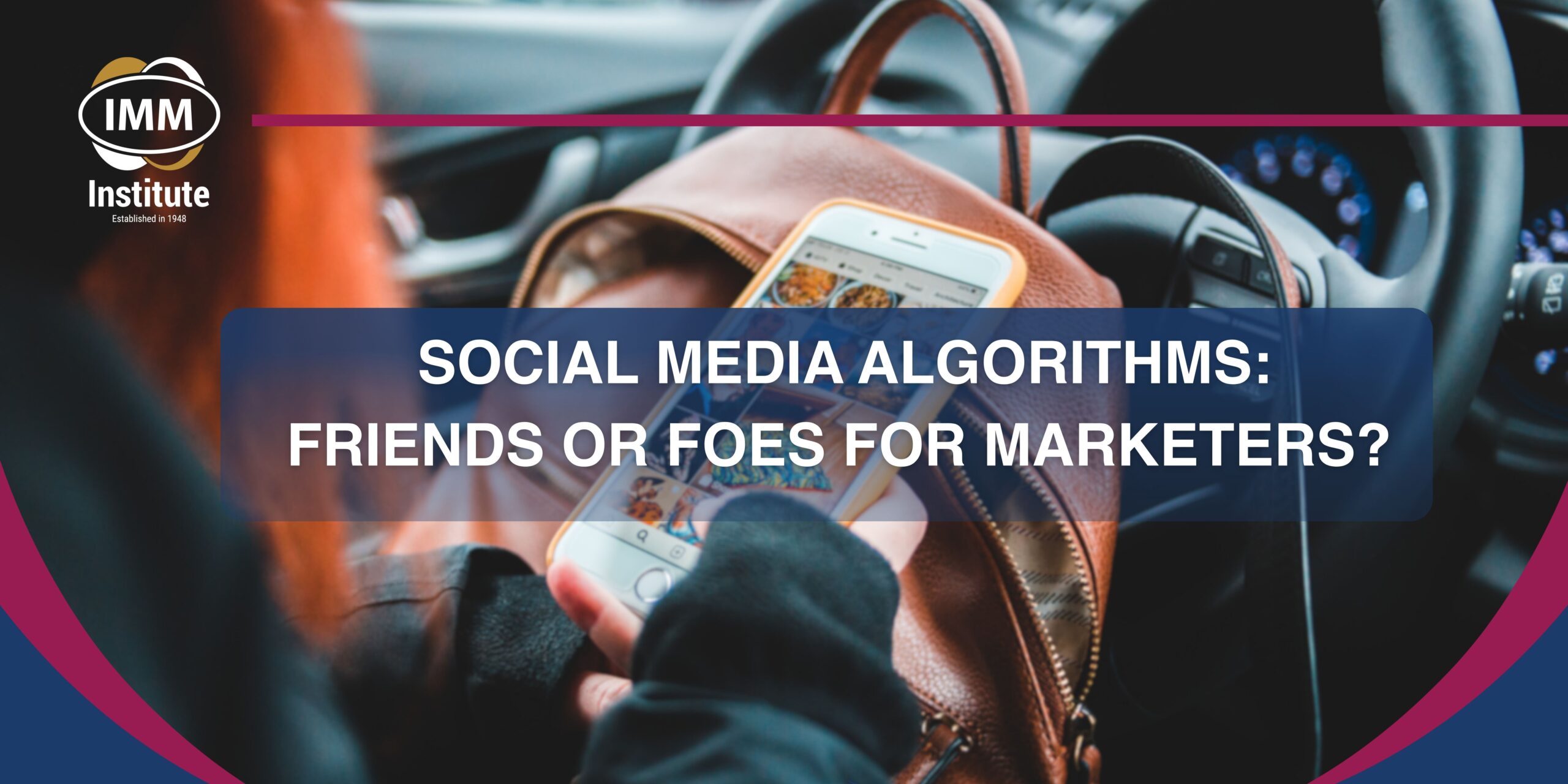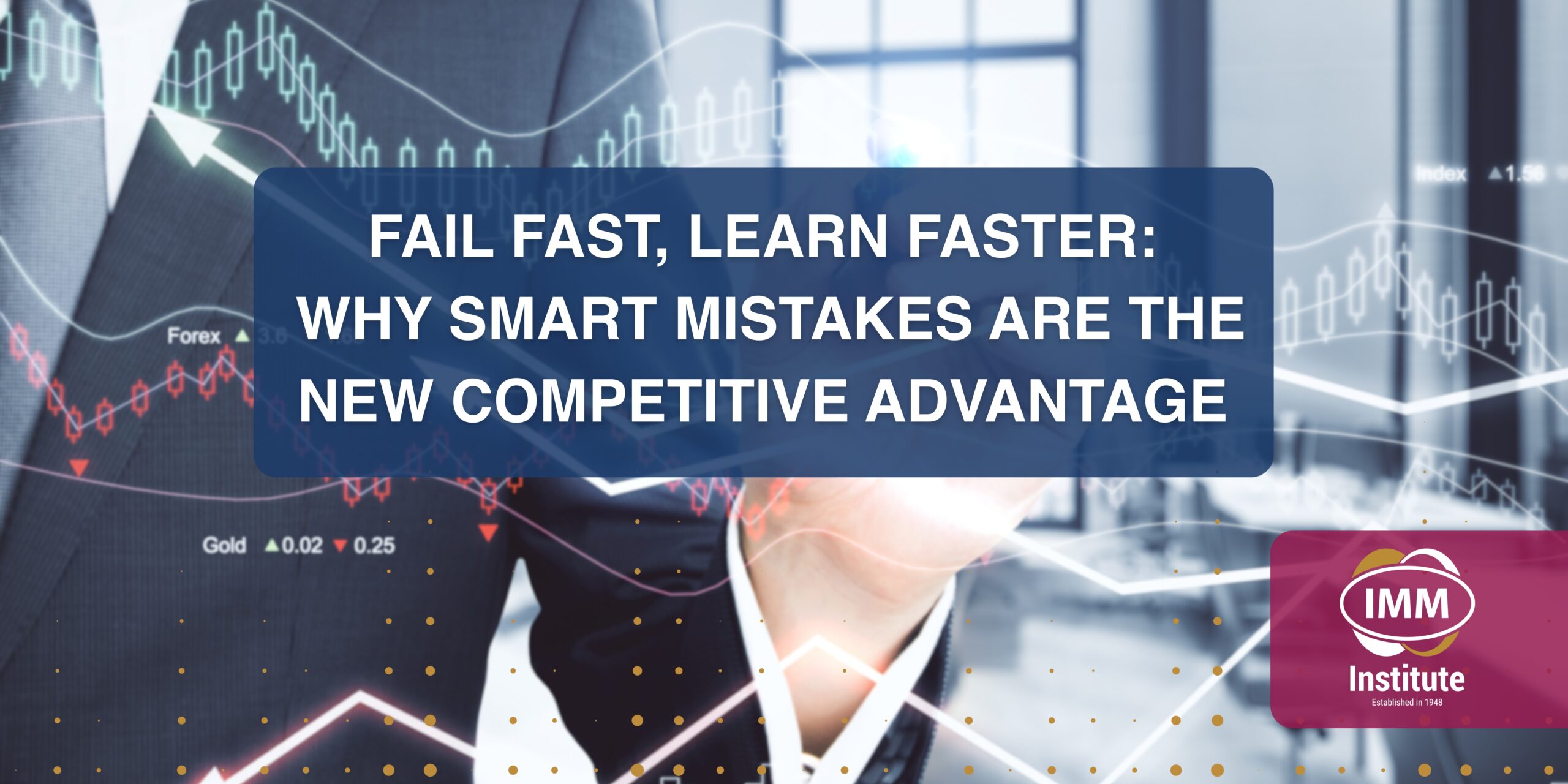Digital marketing has undergone transformation showcasing various aspects of a product instead of the straightforward tactics seen in the pre-digital age. Leading this change is the integration of artificial intelligence (AI). To understand its impact on supply chain and marketing, we spoke with Isak Marias, CEO of AICA and Director at DigiTeams.

Isak Marais / Source: ITWeb
The Power of AI in Supply Chain and Marketing
AI is transforming the supply chain and marketing industries by addressing the complexities brought on by the digital age. Its primary focus is on the application layer, performing the heavy lifting that streamlines operations and enhances efficiency.
Key Challenges in the Digital Era
- Correct Technology Application: Only about 10% of companies are applying the correct technology effectively.
- Data Proliferation: The abundance of data has led to larger siloes, making it difficult to group and sort relevant information.
- Data Quality: Product data often contains weak attributes and is not clean, posing significant challenges.
Currently, businesses rely on web searches, physical inspections, and supplier contacts to find data. However, AI is revolutionising these processes through data cleansing and enrichment.
AI-Driven Data Cleansing and Enrichment
AI excels at product data cleansing by addressing anomalies, spelling and grammatical errors, missing data, and deduplication. This heavy lifting ensures that the data is accurate and reliable. Furthermore, AI-driven data enrichment can provide detailed descriptions and UNSPSC codes much faster and at a higher accuracy rate of 85%, making it a cost-effective solution.

AI’s ability to extract information from images and web data, especially for registered brand names, further enhances its utility. This capability streamlines the marketing process by providing enriched product information that can be used to attract and engage customers.
Enhancing Security with AI and Blockchain
AI, combined with blockchain technology, is securing tomorrow’s supply chains by improving data integrity, transparency, and decentralised security. This combination reduces risks and ensures that product data and supply chain management processes are secure and reliable.
The Distinction Between AI and Data Science
AI exists as a function of data science utilising computational power to accomplish what was previously impossible. Even though AI has been part of data science for a while now, it has come into its recent prominence because processing capabilities have been enhanced.

The Role of AI in Art and Design
AI’s influence extends beyond supply chain and marketing into fields like art and design. AI can generate images, prompting art students to delve deeper into art history to input accurate prompts. This integration fosters a deeper appreciation and understanding of art history.
Conclusion
Artificial intelligence is certainly changing the game in supply chain and marketing by tackling problems and improving processes. Its use in cleaning up data, enhancing it and ensuring security is reshaping these sectors, enhancing efficiency and dependability. Despite the benefits AI brings, human input remains vital in creative domains. Striking a balance between leveraging AIs strengths and honouring ingenuity and judgment will be essential for thriving in the digital realm.
















